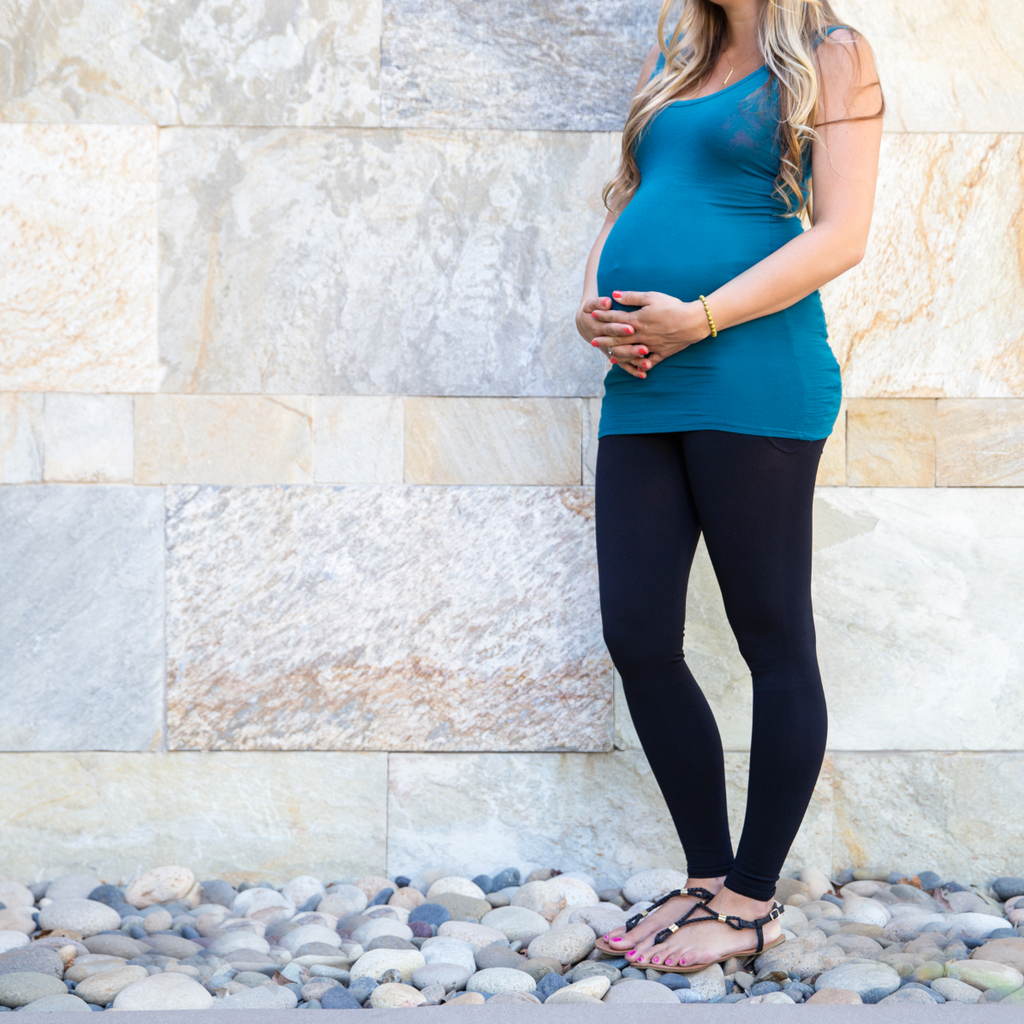

Placing an icepack or cold compress on your swollen feet may help you relieve pain as well. Lift your feet about ten inches above the level of your heart for relief. That’s because elevating your feet can prevent blood from building up at your feet and can thereby improve circulation. Just as it relieves pain after an injury, elevating your feet can relieve pain from swelling. Moderate compression socks offer 15 to 20 mmHg and work for mild to moderate swelling. Firm compression socks offer 20 to 30 mmHg of support and work for severe swelling. There are different kinds of compression socks for different needs. It also prevents other fluids from building up in your feet.Ĭompression socks can help your swollen feet feel better, whether you’re sitting or walking. This design helps your blood circulate upwards to improve blood flow. One of the key benefits of compression socks is it puts more pressure/squeeze near your ankle, and as the compression graduates, less pressure at the knee. One of the best things you can do for your swollen feet is to invest in a pair of graduated compression socks. Wear Compression Socks During Pregnancy.
BENEFITS OF COMPRESSION SOCKS PREGNANCY PROFESSIONAL
If you don’t want to spring for a professional massage, a massage from your partner should do the trick. If it’s too painful, you can ask your massage therapist to use a softer touch. The massage might hurt a little at first on your swollen limbs. Swollen feet, legs, hands, and arms give you a good reason to schedule a massage therapy session. Getting a massage relaxes your muscle tissue and reduces nerve compression. The amount of water to drink differs from person to person, but a common rule is to drink eight eight-ounce glasses of water a day. In reality, drinking enough water helps remove waste products from your system, which can reduce your swelling. You may think taking in more fluids can increase your swelling. Find a new pair that provides the support and comfort you need. If this is the case, don’t increase the pain by trying to squeeze into your old shoes. You might notice that your feet go up a shoe size during your pregnancy. Unfortunately, your favorite high-heeled shoes fit in this category and probably aren’t a good idea when you have swollen feet. Tight, uncomfortable shoes can squeeze your feet and make the pain even worse. Plus, swimming may help push the fluids away from your tissues to reduce your swelling. Sticking your swollen feet in a cold pool or bath may help reduce heat-related swelling. Hot temperatures can make the swelling even worse, so try to stay out of the sun.

Other kinds of gentle exercises can help, too. So make sure you get in a few minutes of walking every day. Walking is actually better for your swelling than standing because the movement helps your blood flow throughout your body.

Make sure you’re rotating between the two activities throughout the day and that you’re not spending too long doing one or the other. Long periods of walking can aggravate swelling pain-but long periods of sitting can aggravate it, too. Although you can’t make the swelling disappear, here’s what you can do to find relief from pregnancy-related swelling and pain. However, swelling can be really uncomfortable and even painful. Instead of flowing smoothly to your heart, the blood collects inside the vein and causes it to become enlarged and swollen. This condition occurs when small valves inside the veins, which prevent blood from flowing backwards, don’t work properly. Pregnancy increases your chance of developing varicose veins. Increased circulation helps ease body aches and pain. Compression socks can prevent blood clots or blood pooling. Specific hormones make you more susceptible to blood clots, which can lead to a condition like deep vein thrombosis (DVT). As your uterus grows, it places more pressure on your veins.

Compression socks provide gentle pressure to help ease that discomfort. When you’re pregnant, your body produces 50% more body fluid. What are compression socks used for during pregnancy? Benefits of Wearing Compression Socks During Pregnancy It happens because your body starts producing and storing more fluids to protect the health of both you and your baby. Swelling during pregnancy is normal and is especially common during the last trimester. One of the most common is swelling, which can happen in your ankles, feet, hands, and other areas of your body. Pregnancy can cause all kinds of uncomfortable changes to your body. Compression socks during pregnancy can help you to relieve swelling and feel more comfortable.


 0 kommentar(er)
0 kommentar(er)
